A Greek philosopher once said, "The only true wisdom is in knowing you know nothing" — except when you know you want to visit Greece.
Located in the Balkans region and nuzzling a trifecta of seas (the Ionian, Aegean and Mediterranean), Greece has no shortage of things to do. Get your history fix with ancient ruins and temples; feast on locally sourced ingredients, like tomatoes and olive oil; lie on the beach and do nothing but relax. Land or sea, there's something for everyone.
Whether you're here to get inspired or to flesh out your travel itinerary, here are the top must-do activities to try while exploring this magical country.
Step back in time by visiting the Acropolis (Athens)
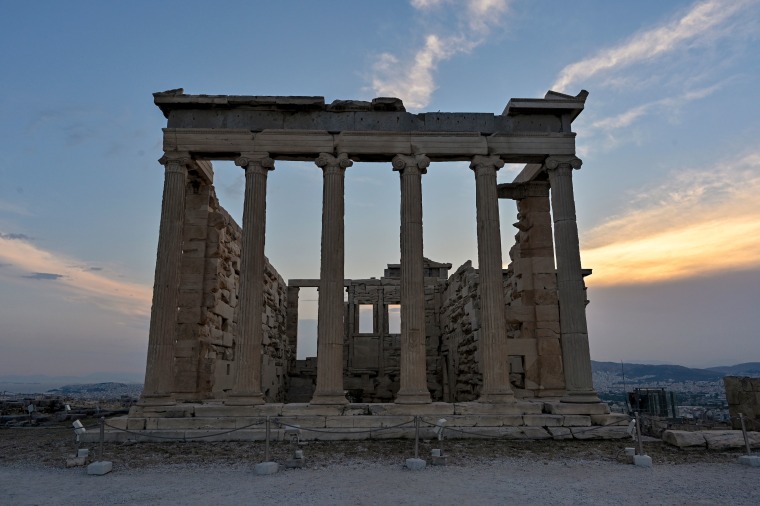
Starting the list off with perhaps the most classic recommendation, the Acropolis is a must-do. The ancient citadel is where you can take in sweeping views of Athens while witnessing notable monuments such as the Parthenon, the Erechtheion, the Propylaea and the temple of Athena. Pop by the Acropolis Museum to learn more about its history, too.
Take an authentic cooking class (Athens)
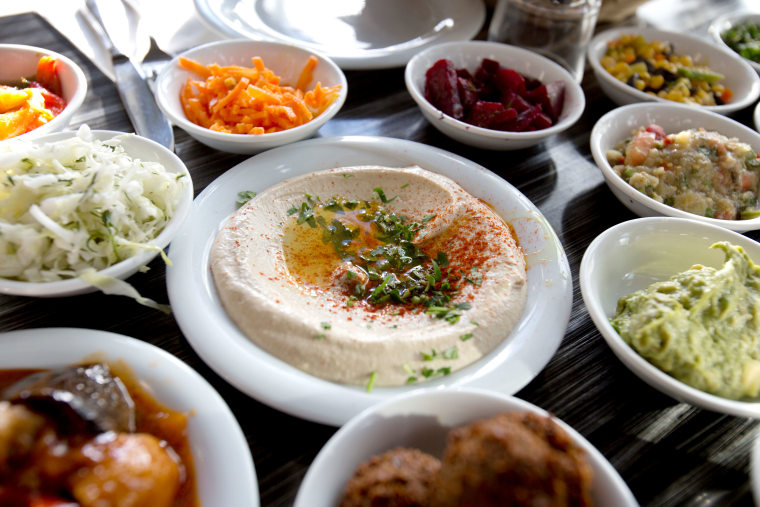
While you can take a cooking class anywhere in Greece, Athens has a diverse range of kitchens to choose from. CookinAthens and The Greek Kitchen teach classic dishes like spanakopita and moussaka, and Ergon House is a good option for adventurous eaters — think, puff peinirli dough with chicken, gruyere and truffle.
Sip famous white wines (Santorini)
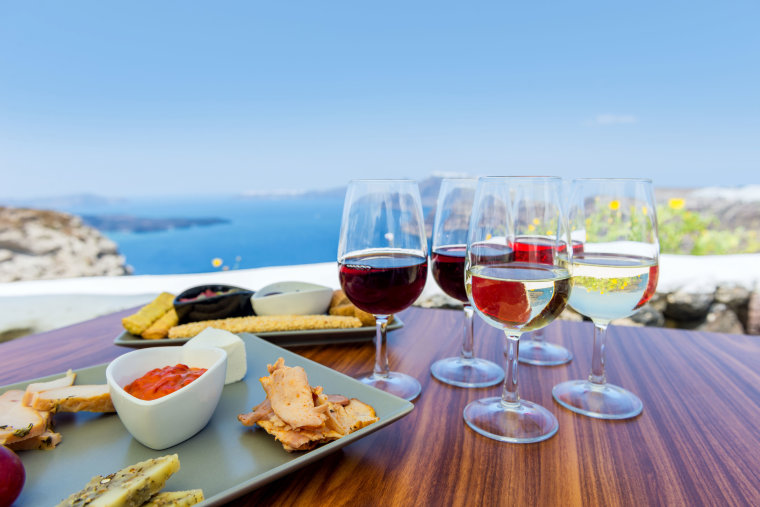
Santorini is known for its iconic white wines produced from the island's indigenous white grape, assyrtiko, as well as Greece's athiri and aidani varieties. With wineries scattered across Santorini — from Santo Winery to Venetsanos Winery and Gavalas Winery — there are plenty of tastings for visitors to take part in (many with waterfront views, of course).
Taste tomatoes at the Tomato Industrial Museum (Santorini)
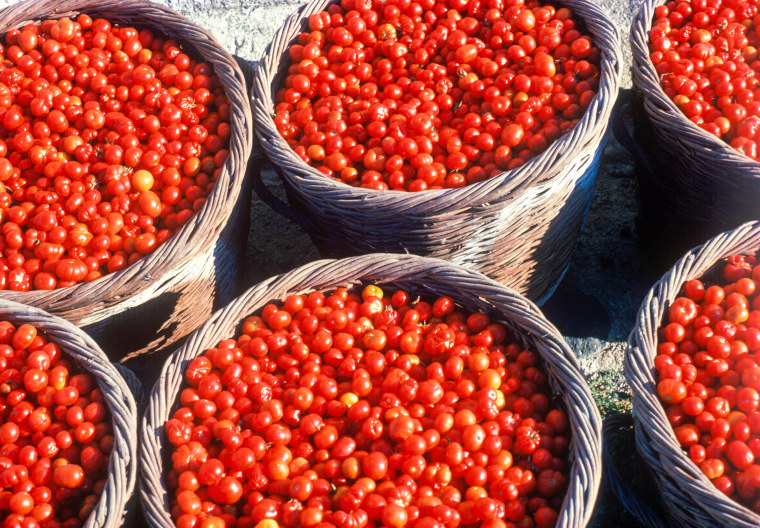
Make your way to the Tomato Industrial Museum in Santorini to understand how the island's small-fruited tomatoes get their sweet, one-of-a-kind flavor. Walk through the old factory-turned-museum at your leisure and learn about the traditional methods of cultivation, processing and production of the tomatoes. Then, taste the succulent fruits during a cooking class or lunch at the cafe.
Find a good spot to watch the red sunset (Santorini)
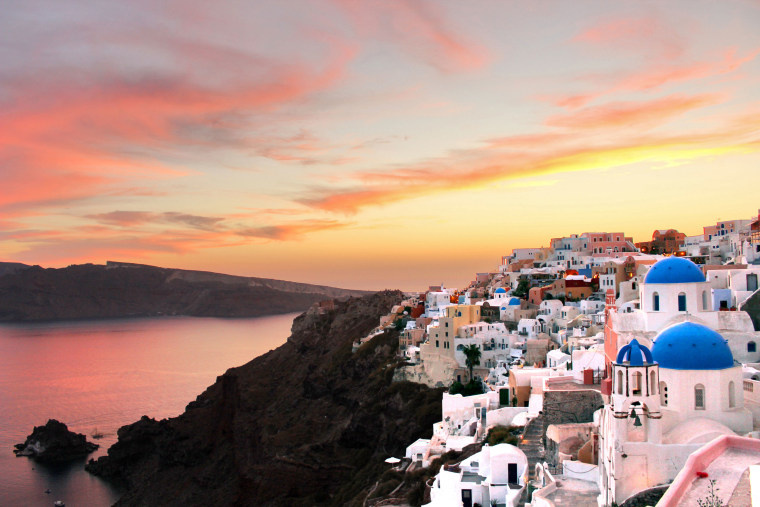
Sunset is arguably the most wonderful time of day on the island of Santorini. Tourists and locals flock to a rooftop, seaside restaurant, or as close to the water's edge as they can get to watch the sun turn a bright red and disappear behind the horizon. An alternative, fun way to catch the sunset: on a catamaran sunset cruise.
Shop your heart out in Little Venice (Mykonos)
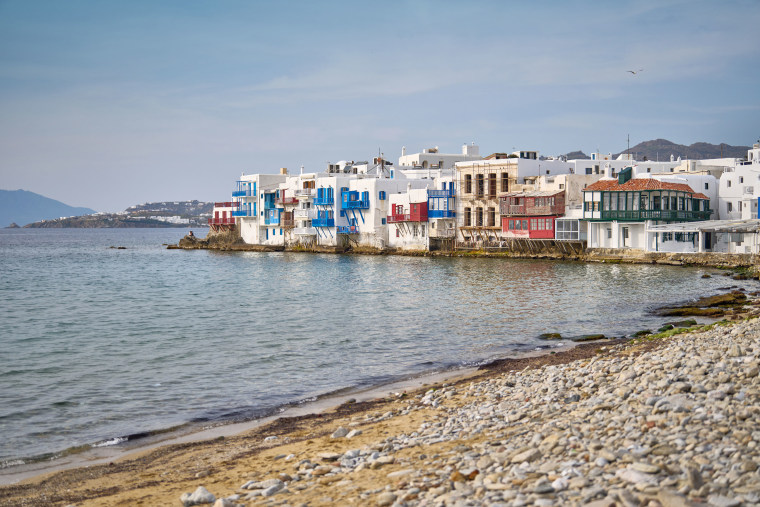
There are many reasons to venture to Mykonos Town, from the windmills to the al fresco restaurants and the lively nightlife, but one undeniable (and almost unavoidable) must-do is to shop around Little Venice. As the name suggests, the cobblestone shopping district resembles the Italian city, the home of explorer Marco Polo and a major trade hub along the Silk Road to Asia, according to UNESCO. Today, Little Venice is a one-stop shop for all your evil eye bracelets, jarred honey and white dress needs.
Dip your toes in pristine blue water (Mykonos)
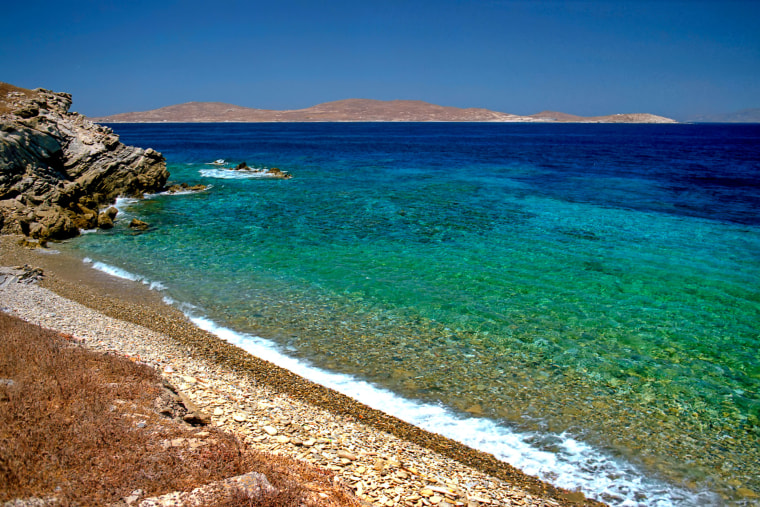
There are several beaches in Mykonos where you can enjoy the blue waters of the Aegean Sea. If you're staying around the Old Port neighborhood, check out the tiny strip of beach called Choras Mikonou, or take a leisurely walk to the nearby Megali Ammos. Other notable beaches around the island include Psarou, Kalafatis, Paradise, Super Paradise, Agios Stefanos and Ornos.
Visit the birthplace of Apollo (Delos)
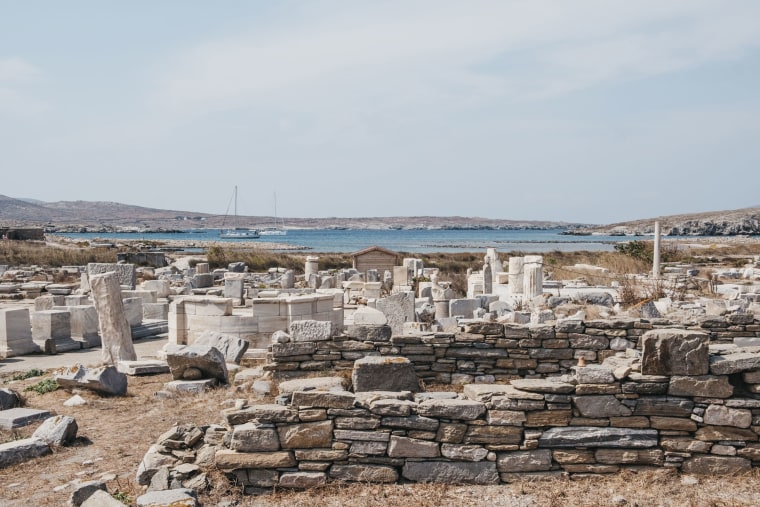
A 30-minute ferry ride (give or take the winds that day) from Mykonos will get you to the island of Delos, a UNESCO World Heritage Site where Apollo was born, according to mythology. Beyond that extremely cool detail, you'll get to explore the ancient ruins of a first millennium B.C. commercial and religious center at large.
Climb the Mountain of the Gods (Mount Olympus)
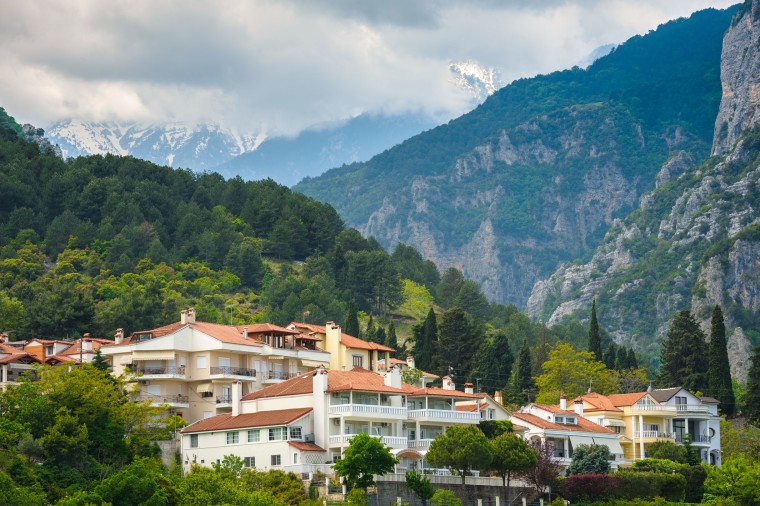
Cue "I Can Go the Distance." Mount Olympus is the highest point in Greece and is epic, literally — it's known in mythology to be the home of the gods. However, this climb is far from easy and often takes two days to reach the summit, but you can always do a half-day hiking tour or visit the tourist village of Litochoro at the base.
See the birthplace of the Olympic Games (Olympia)
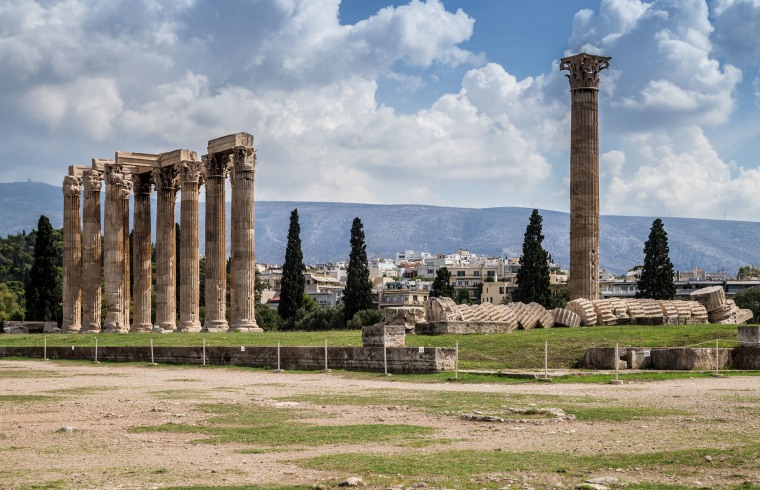
While the first modern Olympic Games was held in Athens in 1896, the ancient games called Olympia home. Now a UNESCO World Heritage Site, the archaeological site of Olympia dates back to the 10th century B.C., and with that comes ruins galore — from the temple of Zeus to ancient athletic training areas.
Explore history mentioned in “The Iliad” and “The Odyssey” (Mycenae)
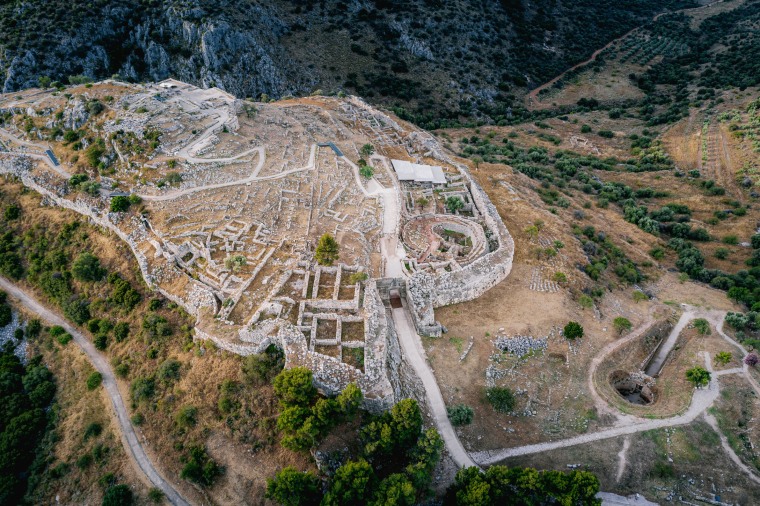
If you’re looking to dive into the history of the Trojan War and the tales of Homer, visit the city ruins of Mycenae, where mythology says King Agamemnon once ruled. Walk through the Lion Gate, the main entrance bordered by lion statues, and marvel at the architectural structures dating back to the second millennium B.C.
Swim along a lunar-like beach (Milos)
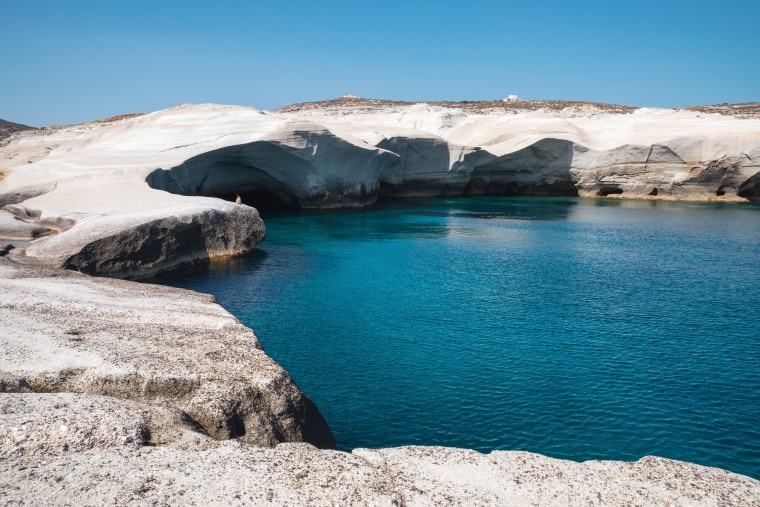
Sarakiniko Beach on the island of Milos is nicknamed Moon Beach, and it's easy to see why: Its chalky-white crater surface and curvy formation give it a lunar vibe.
Learn about olive oil production (Crete)
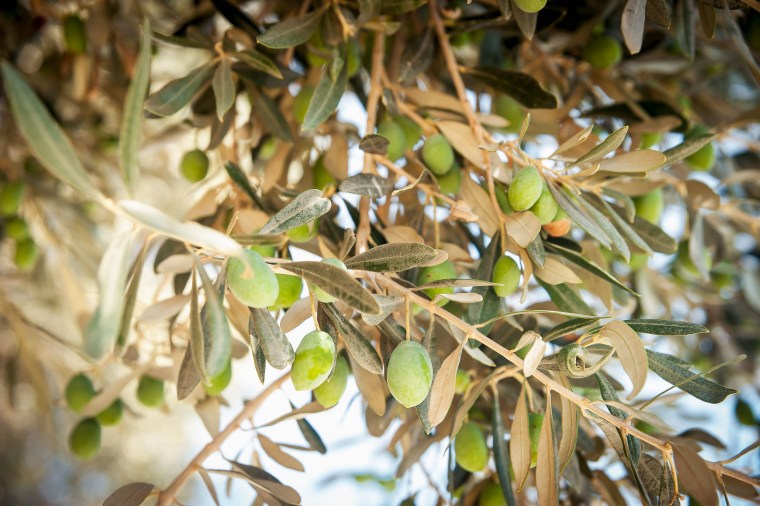
Crete, the largest island in Greece, is home to several visit-worthy olive oil mills and farms. Paraschakis Family Olive Oil and Lyrakis Family Cretan Company offer factory tours and olive oil products, and Cretan Olive Oil Farm provides a hands-on olive oil-making experience, plus additional activities like cheese-making classes and cooking lessons.
Visit a Blue Zone island where locals enjoy long lives (Ikaria)
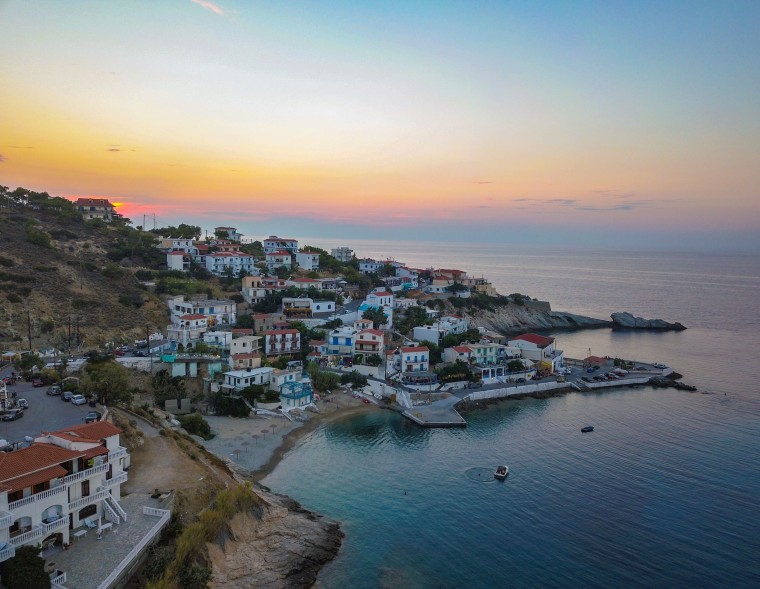
The island of Ikaria is small but mighty, as proven by its Blue Zone status that declares Ikarians have a longer lifespan than most people in the world. Embrace the Mediterranean diet (the island's goat cheese and honey are a must), participate in a wellness retreat, take naps on Messakti beach, and just do as the locals do.
Have your own ‘Mamma Mia!’ adventure (Skopelos)
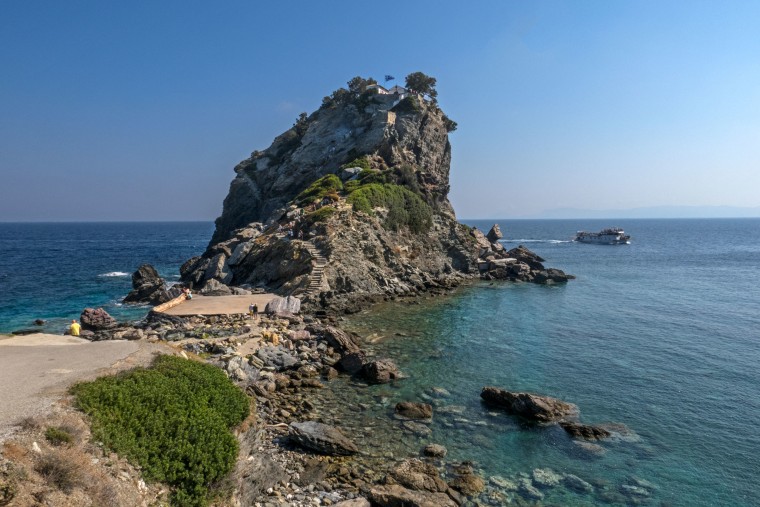
The small island of Skopelos is where "Mammia Mia!" was filmed, and a ferry ride is all that stands between you and your own Meryl Streep-inspired adventure. In addition to its stunning beaches, visit the history-filled capital, Chora, and its churches, castles and monasteries, explore the forest of Mount Delfi, and pop by the chapel of Agios Ioannis, where Meryl Streep runs to at the end of the "The Winner Takes It All" scene.
Go on a hiking quest (Corfu)
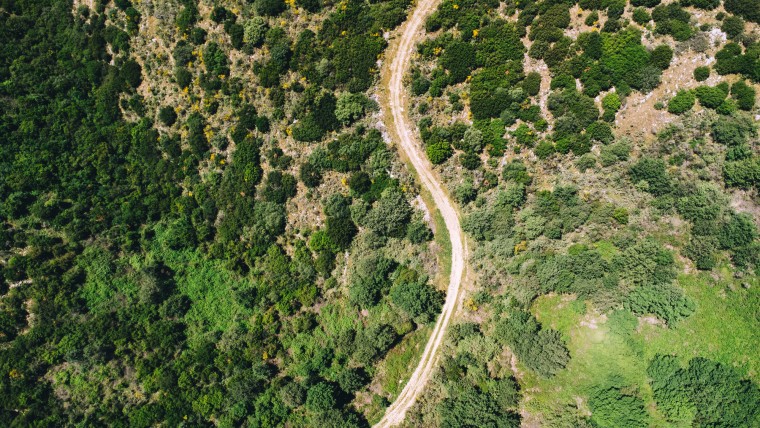
Corfu is the second largest island in the Ionian, so you know there’s a lot of untouched land to explore. There’s the Corfu Trail, a long-distance route that guides walkers through diverse landscapes on the island. If you have several days handy, you can trek the entire 111 miles, otherwise, you can join the trail wherever is closest to you.
Visit the sanctuary of Delphi, where the oracle of Apollo once spoke (Delphi)
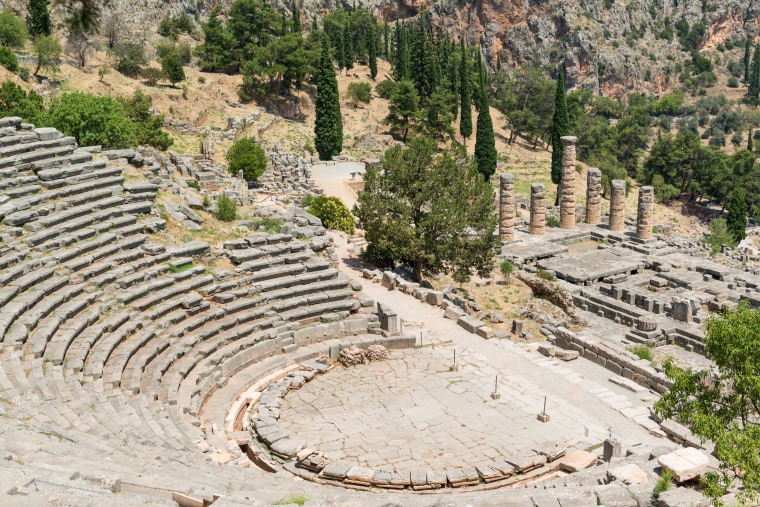
The archaeological site of Delphi is a UNESCO World Heritage Site and home to where the oracle of Apollo at Delphi once spoke. In ancient times, people came near and far to visit this religious center and receive an oracle from the Pythia, the priestess of Apollo.
Get your fix on multicultural history (Thessaloniki)
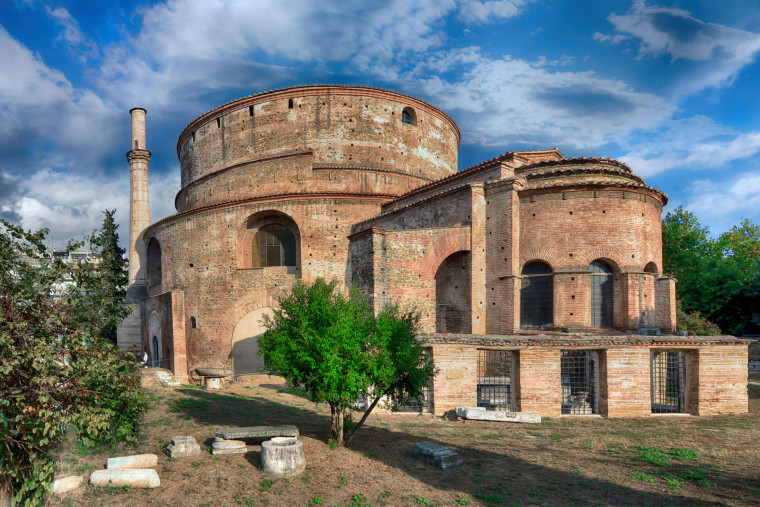
While ancient Greek history will always reign supreme in Greece, the city of Thessaloniki is historically known for its religious diversity seen through its many museums and monuments: the Jewish Museum, the Roman Agora, the Atatürk House, the Rotunda, the Archaeological Museum, to name a few.
Dine on the island where the Greek cookbook was invented (Sifnos)
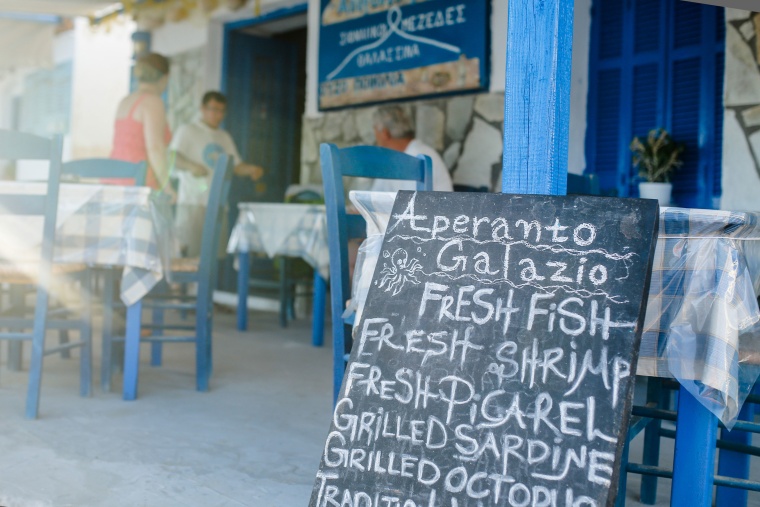
Sifnos is home to the first cookbook ever published in Greece in the early 1900s, authored by Nicholas Tselementes, and the focus on food on this Cyclades island still stands. Eat your way through Sifnos by bookmarking these dishes: revithada (chickpea stew) lamb mastelo (slow-cooked braised lamb), revithokeftedes (fried chickpea balls) and melopita (honey pie) for dessert.
Bathe in natural hot springs (Euboea)
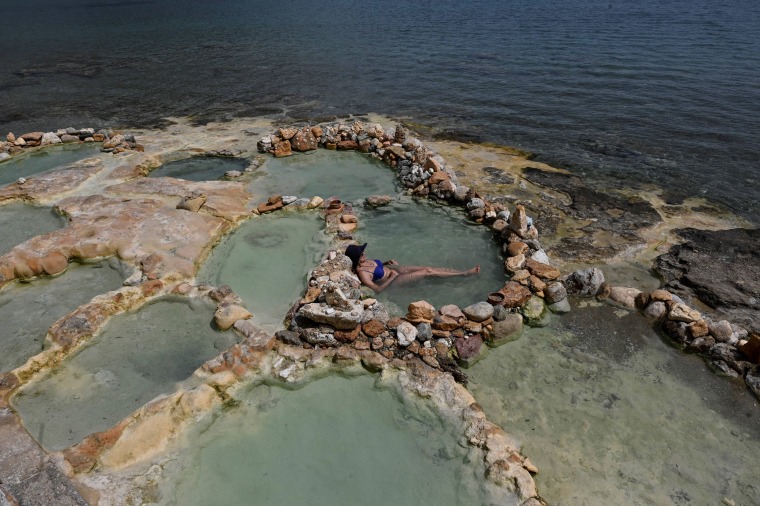
Do as the ancient Greeks did and take a dip in the natural hot springs. The island of Euboea, or Evia, is home to Edipsos, one of Greece's most famous spa towns, and visitors travel near and far for the potential healing effects of the hot springs.
